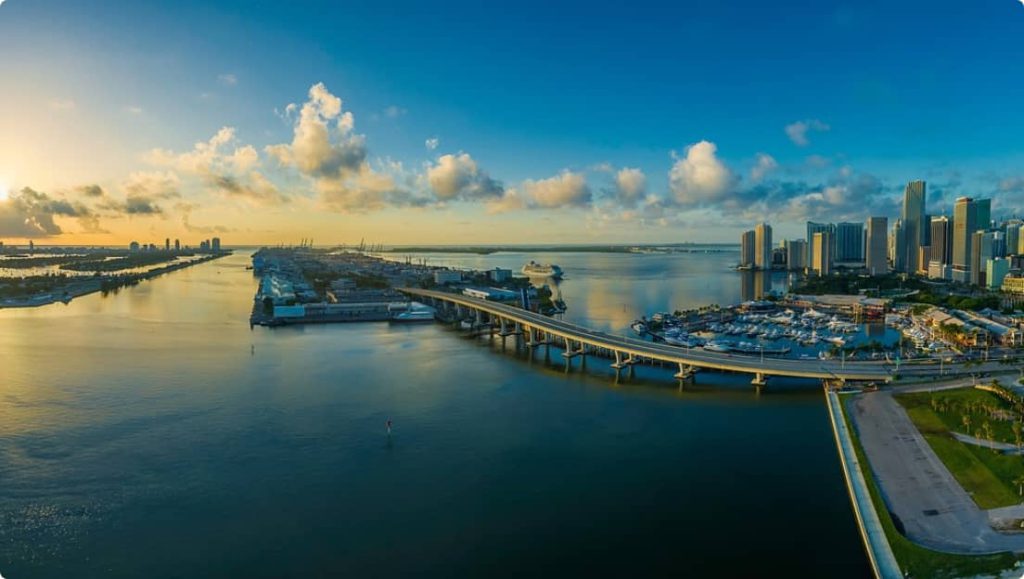
If you own an industrial business, knowing the difference between industrial paint and regular paint is essential.
Not only is there a difference in the type of paint being used, but also in the way it’s applied.
Here’s a brief overview of what to look for when choosing the right paint for your industrial needs.
The main difference between industrial paint and regular paint is that industrial paints are designed to withstand:
· Extreme temperatures
· Humidity
· Abrasions
· Chemicals, while standard paints are not.
Industrial paints are formulated with various combinations of:
· Resin
· solvents
· Fillers
· Pigments
· Additives
· Other products make them stronger than regular paints.
It makes them perfect for use in factories or warehouses where conditions can sometimes be harsh.
In addition to being able to withstand harsher conditions than regular paints, industrial paints tend to be more expensive due to their higher-quality components.
Many commercial and industrial painters, spray painters, or even DIY-ers ask a common question: “is industrial paint oil or water-based?”
Knowing which type of paint to use for a particular project can make or result in poorer results.
Fortunately, there are distinct differences between oil-based and water-based paints that help determine which option should be used.
Generally speaking, oil-based paints tend to be more durable than their water-based counterparts and are better suited for outdoor projects like decks.
On the other hand, water-based paints provide a smoother finish, making them better for painting interiors.
Making your decision comes down to where you need to apply your paint and what you’re trying to achieve in terms of aesthetics and durability.
Industrial paint is an excellent choice for businesses that need protection against corrosion, chemicals, water and extreme heat.
It’s formulated to be highly durable, can often be applied quickly with spray or rollers, and can instantly transform the look of your building.
What’s even better is that this type of paint is incredibly affordable while still offering fantastic coverage.
It creates a protective layer on whatever surface it applies and will last longer without needing to be redone.
Another critical difference is their application.
Industrial painting requires specialized equipment such as airless sprayers or electrostatic spray guns that can apply thicker layers of paint more quickly than traditional brush-on methods used for standard colours.
Additionally, certain industrial paints require specialized application techniques, such as powder coating or thermal spraying, which must be done by a professional painter trained in these processes.
When it comes down to it, understanding the differences between industrial paint and regular paint can help you make an informed decision about what type of painting materials and techniques will best suit your needs.
Whether you need a highly durable coat of protective armour against challenging environmental conditions or want a fresh new look for your space, industrial painting can provide the desired results!
Taking all this information, you’re ready to tackle any big or small project!
If you are looking for a reliable and professional industrial painting service, look no further than Paintbuddy&CO!
We specialize in providing high-quality industrial painting services for businesses throughout Sydney.
Our experienced painters are experts in commercial and industrial painting and can provide you with the best possible paint finish and results that will last years.
With our comprehensive selection of products and application techniques, you can trust that your project is in the best hands.
Contact us today to learn how we can help bring your industrial painting project vision to life! We look forward to hearing from you.
A: Industrial paint is a specialized type of paint designed for commercial and industrial applications.
It is formulated to withstand harsh conditions, such as extreme temperatures, moisture, chemicals and corrosion.
Industrial paint is usually applied using specialized equipment, such as airless sprayers or electrostatic spray guns, rather than traditional brush-on methods. I
In addition, some types of industrial paint require thermal spraying or powder coating, which should be done by professionals trained in these processes.
However, oil-based paints are more durable than water-based paints and may better suit outdoor projects like decks.
Ultimately the decision on which type of paint to use will depend on the area where it needs to be applied and the desired durability and aesthetics required.